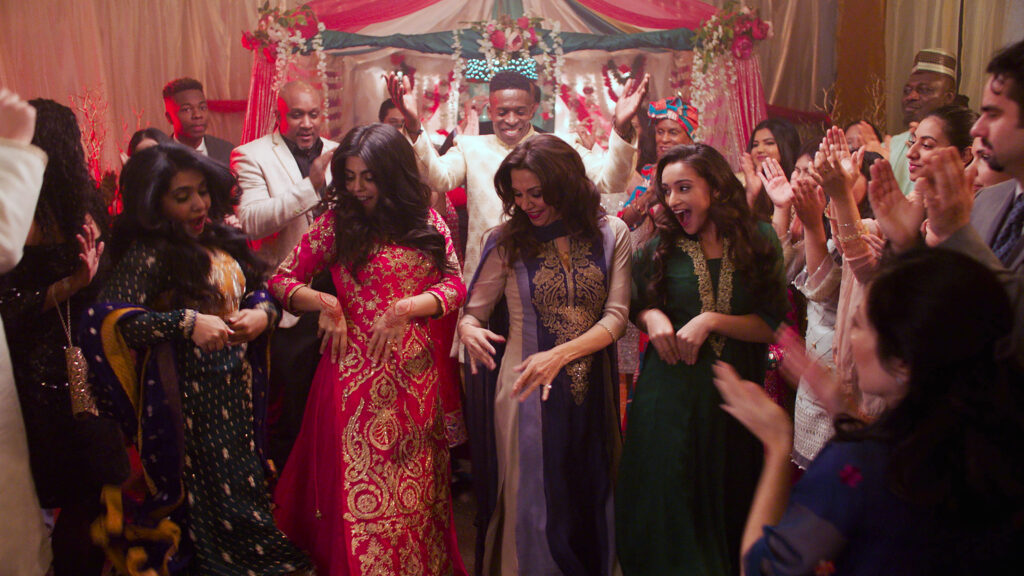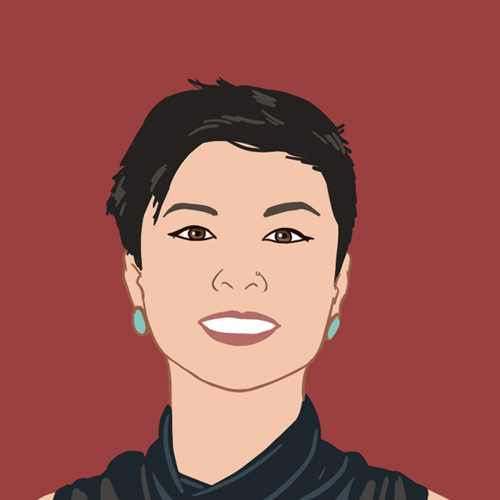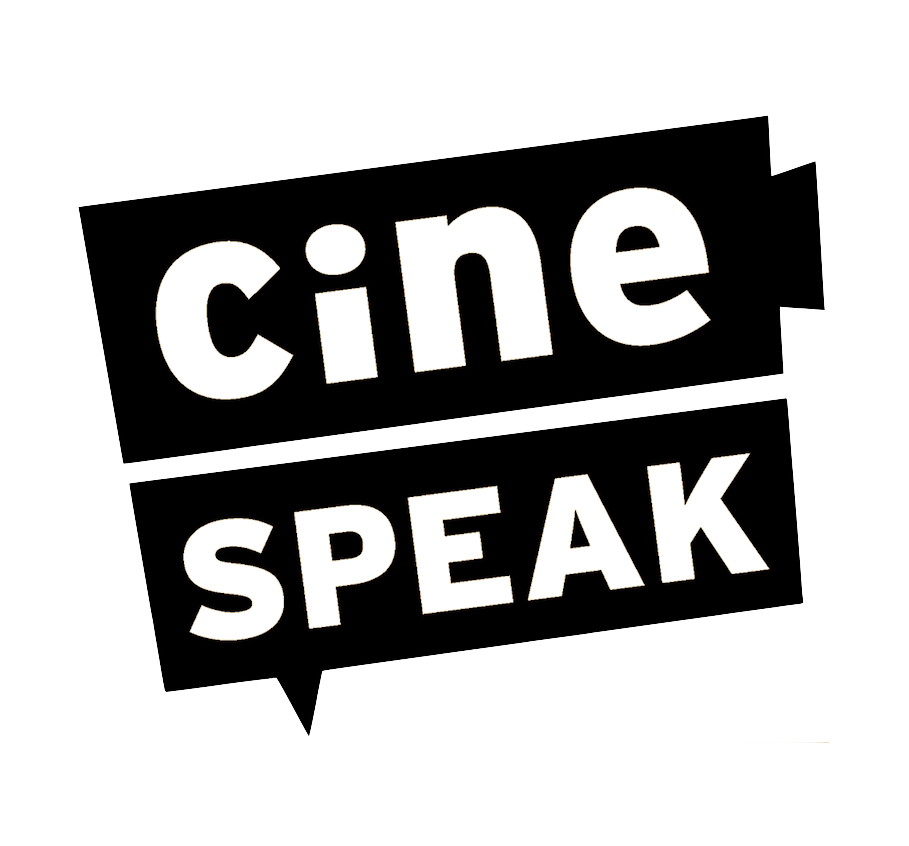
13 Nov Pause, Unpause: Philadelphia Asian American Film Festival 2021
BY DIANA LU
The Philadelphia Asian American Film Festival—the largest of its kind on the East coast—returns for its 14th year. The 2021 festival goes hybrid, with many impressive showcases and panels of diverse filmmakers both IRL and in the comfort of your home. What has PAAFF learned since going virtual last year, including the needs and desires of the community? cinéSPEAK sat down with Festival Director Selena Yip to talk about the new normal in festival culture, fostering the AAPI filmmaker community, and truly representing the diaspora—behind and in front of the camera.
Diana Lu for cinéSPEAK interviewed Selena Yip, Festival Director of PAAFF on November 9, 2021.
cinéSPEAK: Selena, what are some of the major themes that are explored in this year’s festival, and how do they resonate with current issues in Philadelphia, the country, or globally, including the realities of COVID and anti-Asian racism?
Selena Yip: Well, that’s actually a really hard question to answer. I feel like there are a lot of themes that are explored. The four tentpole films that we have—Americanish, our opening night film, is the very first Muslim American rom com, written and directed by a Muslim American woman (Iman K. Zawahry). There is currently a big movement of Muslim filmmakers who are really pushing for better and fuller representation of the Muslim experience. The film itself is sort of touching on that theme, and that issue of representation, not just within the Asian community, but also within the Muslim community.
Wuhan Wuhan, our centerpiece documentary, which is a beautiful film about personal stories in Wuhan, China during the pandemic. It really humanizes the people who are at the epicenter of the pandemic. Right now in the United States, and sort of all over the world, there’s so much explicit anti-Asian sentiment because of the pandemic that is fueled by ignorance and misinformation. And I think people have such a misunderstanding of what Wuhan is like—they think Wuhan is just some janky town with a teeny tiny wet market [that is] probably disgusting and dirty, which is why we have this pandemic. But it’s a city with skyscrapers and tall apartment buildings just like Philadelphia, and this film does such a beautiful job of showing people what the city truly looks like.
Our other centerpiece film, Waikiki shows how the tourism industry in Hawaii has impacted generations of indigenous Hawaiian communities. The film is devastating and fascinating and we hope that audiences will have a better understanding of Hawaii from a native perspective after watching. It’s probably one of the most beautifully shot films of our program.
Our closing night film, A Sexplanation, takes a critical look at sexual education in the United States framed through the journey of a queer Asian man interested in destigmatizing sex. So there are many themes our program touches on with the tentpole films, and our short film programs as well.
Our festival theme this year is ‘Pause, Unpause.’ The staff came up with ‘Pause, Unpause’ because we are all experiencing this moment in the pandemic, where we’re all trying to get back to what is “normal.” We’re trying to really have folks take a critical look at what it means to press play on what our normal lives look like, and reflect on what that means for the communities that might not be able to have the privileges of going back to normal. We are trying to be more critical about how we’re experiencing the world right now and are also playing on the fact that we are a hybrid Festival this year.There is an ability to access these films online, to press play, whenever you want, to press pause to continue on with your life and watch the movie later. So the theme of ‘Pause, Unpause’ works on a multitude of layers. We’re trying to capture how we want the audience to experience the festival this year.

cinéSPEAK: Last year’s festival was fully virtual. And now this year, it’s a hybrid model. What have you and your peers learned? You spoke about this a little bit in terms of accessibility being folded into this new normal? Do you think that this has changed festival culture moving forward?
SY: Yeah, it’s absolutely going to change festival culture. We had a small, virtual filmmakers brunch this morning. It was a last minute decision of mine. I just sent emails to everyone at midnight, and a bunch of people showed up online. And they were all incredibly excited, because a lot of them were filmmakers featured in our program that aren’t currently living in the United States and probably wouldn’t have access to these kinds of gatherings otherwise. We typically have a filmmakers brunch on the first Sunday of our festival,and we have dim sum and chat and have fun and hang out. Without bringing that to the virtual world, there would be a lot of filmmakers who would not be able to participate in those community building activities. So I definitely think that moving forward, we’re going to try to still have moments like that, because it is so valuable for the filmmakers. Especially filmmakers from places like Iran, where it is incredibly difficult to travel, to not only connect with an audience, but be able to connect with each otherIt’s an incredibly important part of the filmmaking experience.
cinéSPEAK: And the festival experience, especially for either marginalized or less mainstream, or voices that have not always had the mainstream.
SY: Yeah. The accessibility of the films for audiences, it’s definitely changed how people experience the festival and I know that there’s still a want and a need for in-person screenings. We’re definitely going to try to continue increasing the amount of screenings that we can have, as the pandemic allows. But also keep in mind that tons of people in our communities are unable to go to in person screenings, not just because of the pandemic, but because of child care or because of their health. I am always grateful for the in-person screenings and in-person audiences that we have and just as grateful for the people who are willing to take time out of their day, and put a film on on their computer or on their TV or whatever, and still connect with the films that we’re putting on.
cinéSPEAK: What have you been hearing from the community, both filmmakers and attendees, in terms of what they’re looking for? Themes and forms of being a community with one another? Where are they seeking representation, both in front of and behind the camera?
SY: That’s a really good question. One of the comments that we got at the filmmaker brunch this morning was that it was really cool to see that we were an Asian American Film Festival that represented the diverse parts of the community, and not just an East Asian Festival. I think when you look at Asian diaspora festivals in the United States, especially ours, the conversation has shifted so much from what it used to be like in 2008, [when] we had only a few films.I would say most of them were East Asian centric films and as our program has gotten larger, we’ve continued to grow as a community, and we continue to discuss identity and representation and what that means to us. We have really moved forward in terms of what is coming out of the creative community. We also see a lot of our programmers and a lot of our festival organizers push for more diverse representation of the Asian and Pacific Islander diaspora. We have a ton of Iranian films, Pacific Islander films, Southeast Asian and South Asian films that we are incredibly proud to put into our program because they are not highlighted anywhere else. They’re such an important part of the creative community that we have.
cinéSPEAK: Music is also a component of the festival.
SY: Yeah, we have many artists that are going to be featured within our live streams. We’re so blessed to have Scott ‘CHOPS’ Jung on our board to feature music and artists from the Asian diaspora at our festival. Our live streams all open with music that CHOPS has produced. So we’re featuring people like Jason Chu, Alan Z, Scope G as well as artists from our music showcase. [check spelling with Selena]. We’re bringing back in-person performances, most notably our Asian Music Showcase. And this year, we are featuring artists that are local to Philadelphia. REGOTHERESHEGO, Joshua Bation, Lukey, and Marina Murayama, who has performed at PAAFF before and was previously an artist in residency with PAPA (Philadelphia Asian Performing Artists) and AAI (Asian Arts Initiative). I’m really excited about that showcase, especially because in previous years we’ve mostly featured artists that are based in the West CoastThis year we really wanted to feature local Asian American talent, because I felt like–we’re the Philadelphia Asian American Film Festival, and I want to represent the artists that are here. Philadelphia has a lot of Asian talent, and a lot of Asian creativity that deserves to be highlighted and celebrated.
cinéSPEAK: How can folks support PAAFF and the AAPI creatives community, now and year-round?
SY: Buying tickets to watch films, tuning into live streams—you don’t even have to buy tickets to watch the live streams. Watching the panels, especially for filmmakers who are interested in connecting with other filmmakers. Looking at the program and seeing who the filmmakers are that you’re seeing in the program that you want to watch and connect with. I think that’s one of the reasons why the festival exists. There are so many layers to why it exists, but one of those layers is to be a space for creative collaboration. So attend the festival and experience the multitudes that we’ve put out into the world–whether that’s online or in person, and get to know the people who are featured in this year’s program.
PAAFF ends on November 14, 2021. Check out dozens of incredible features and shorts programs available to watch at-home. See what’s playing and purchase tickets here.

Diana Lu is a city planner who loves to eat. Her writing, radio stories, and presentations have appeared on WHYY, Eater, The Philadelphia Inquirer, and CitiesSpeak. She serves as community engagement editor for Root Quarterly, an award-winning print journal of art and ideas. Diana has lived and relied on public transit in Los Angeles, Chicago, Brooklyn, San Francisco, and Paris, but became a proud SEPTA rider in 2009.

Sorry, the comment form is closed at this time.